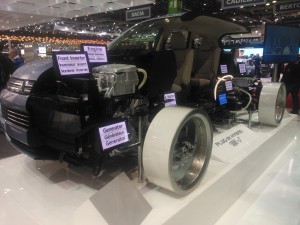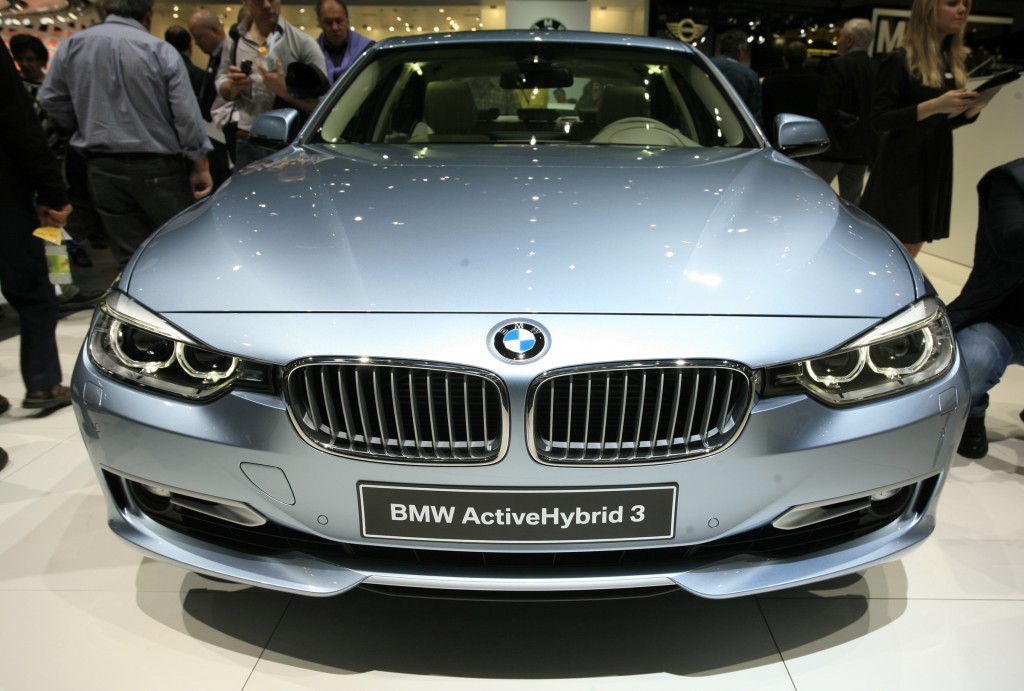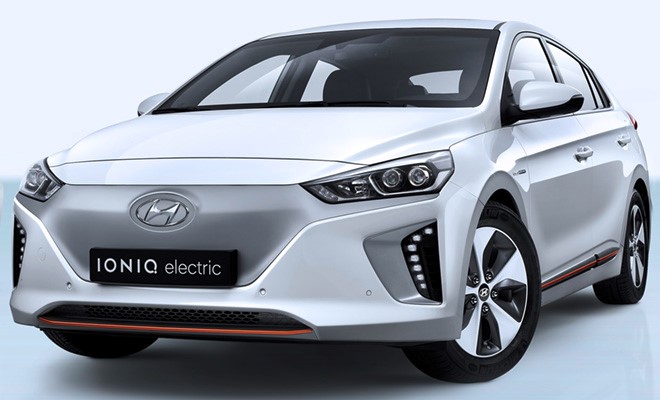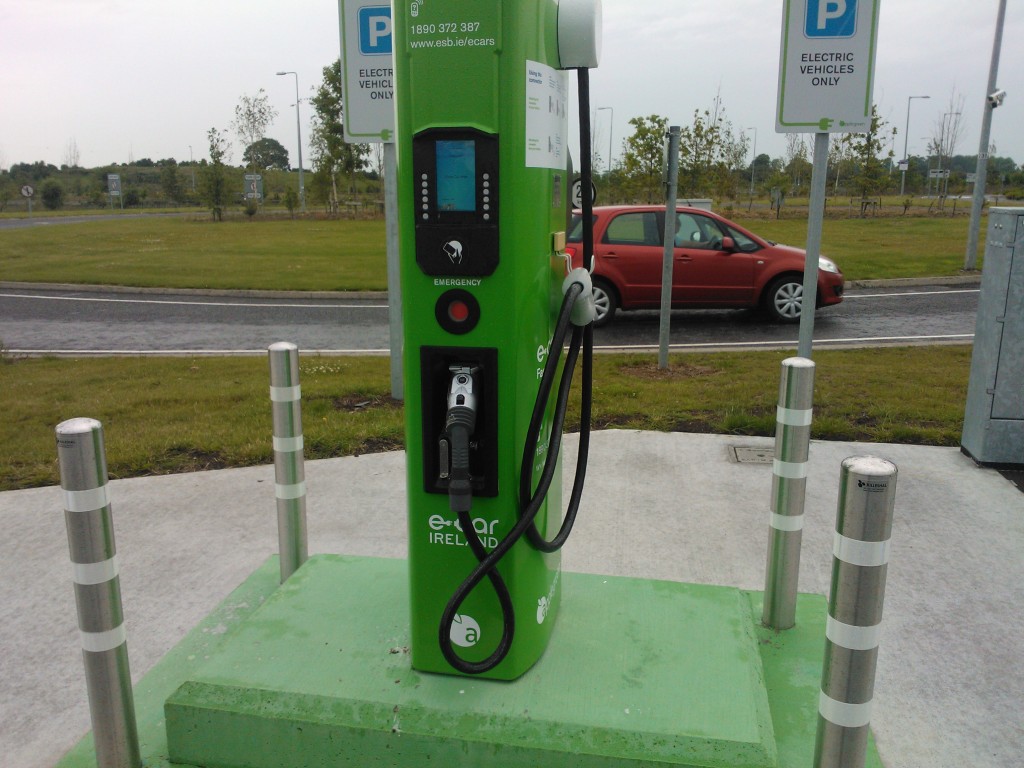 Fuel-cell, Hydrogen Vehicles can be summed up as basically an electric car which is powered by filling up the fuel cell with hydrogen instead of plugging in the vehicle to charge. Through the process of reverse electrolysis, the fuel cell within the vehicle converts Hydrogen and Oxygen back to water and produces electricity as a product, thus powering the motor.
Fuel-cell, Hydrogen Vehicles can be summed up as basically an electric car which is powered by filling up the fuel cell with hydrogen instead of plugging in the vehicle to charge. Through the process of reverse electrolysis, the fuel cell within the vehicle converts Hydrogen and Oxygen back to water and produces electricity as a product, thus powering the motor.
Whatever you think of hydrogen-powered vehicles, recent technology-sharing deals have shown the automakers themselves are beginning to push towards fuel cell vehicles. as they resolve the issue of charging times.
Among other issues, it’s hydrogen’s production has been causing a few issues for the burgeoning industry–it’s neither very efficient, nor suitably cheap. Both these factors are now about to change–or at least, are heading in the right direction.
 According to industry experts, the cost of producing hydrogen through electrolysis–the process of splitting hydrogen from water–is starting to fall.
According to industry experts, the cost of producing hydrogen through electrolysis–the process of splitting hydrogen from water–is starting to fall.
A UK-based company, ITM Power has reduced the production cost of hydrogen from $9.57 per kilogram last year, to $6.44/kg–a reduction of 32.7 percent.
This has come as a result of an 11 percent improvement in output from new, more efficient “stacks”, the modules in which hydrogen is extracted from electrolysis. ITM can now produce up to 27.9 kg of hydrogen per day, per stack (446 kg per day in total), with 77 percent efficiency.
What all of this means is that the hydrogen itself can be sold cheaper, and whatever vehicle it powers will be part of a more efficient, less energy-intensive system.
While there are few direct comparisons in the automotive world to illustrate the cost, ITM does compare the cost of running Hyundai’s ix35 (or Tucson) fuel-cell vehicle against that of its diesel equivalent, sold across Europe. While the diesel would cost 45.4 cents per mile to run (based on a European combined economy figure of 41 mpg), the fuel cell vehicle would cost only 22.7 cents per mile. This figure is set to reduce further as the industry advances its technology in extracting the Hydrogen more efficiently.
But, like electric vehicles, hydrogen appears to be taking the baby steps it needs to one day become a viable alternative fuel.



